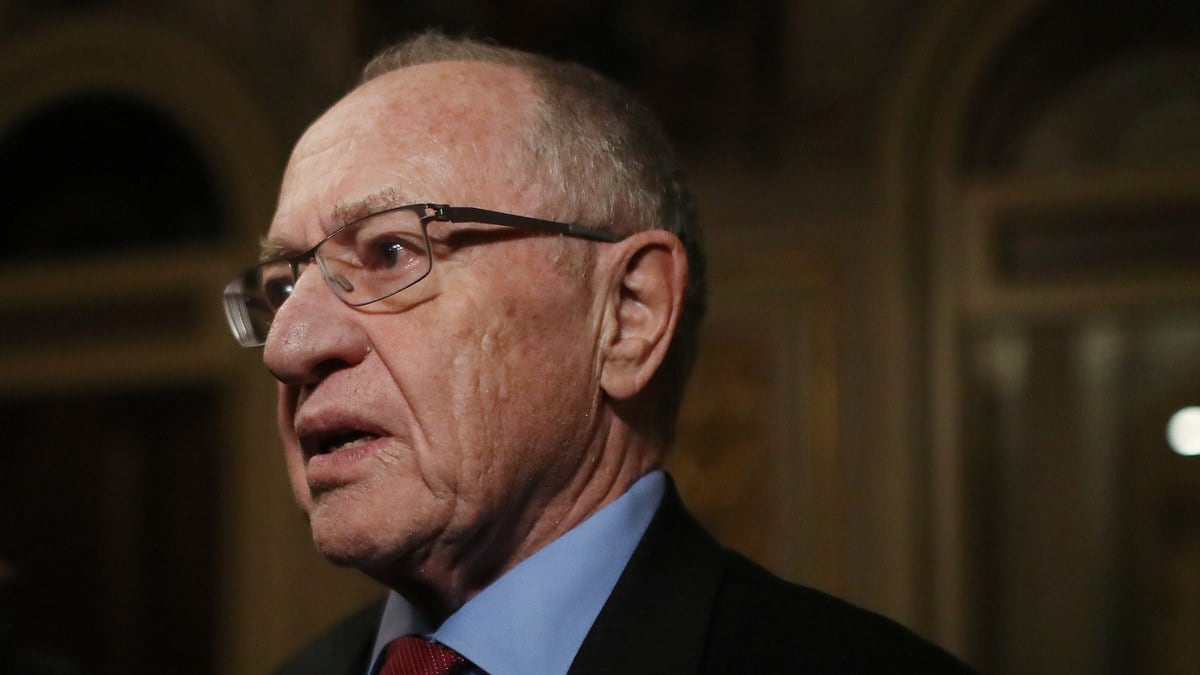Politics
A Stand-Up Comic Hired Alan Dershowitz to Defend Him—Now He’s Portraying Himself as the Next Mike Flynn
TRUMP CARD
Ari Teman was convicted on four fraud counts this year. Now, with the ex-Trump lawyer’s help, he’s claiming prosecutorial misconduct.






